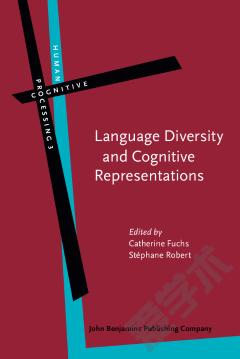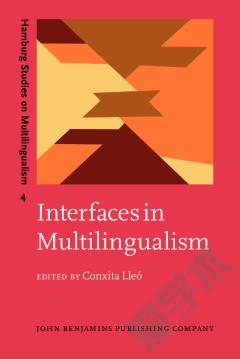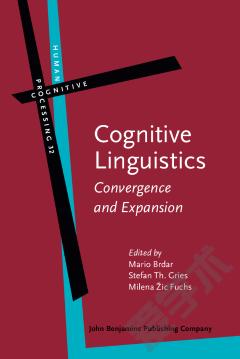Language Diversity and Cognitive Representations.
Significant new developments in brain activity research have revived the debate on the universality of language and its neural basis. Within this debate, the question of language diversity and its implications for cognition remains central and controversial. It is here investigated in an original multimodal approach, covering various aspects of cross-linguistic variation, differences between spoken, signed and drum languages, between normal speech and pathological speech, and also between language and music, as revealed in electric brain activity associated with language processing. The various contributions (linguistic, anthropological, psychological and neurophysical) on the nature and status of variation and invariants in language provides evidence for complex interactions between language-specific processes and general cognitive faculties. This overview of some recent trends in cognitive linguistics opens up a promising new research area in the humanities as well as in the cognitive sciences.
{{comment.content}}








 京公网安备 11010802027623号
京公网安备 11010802027623号